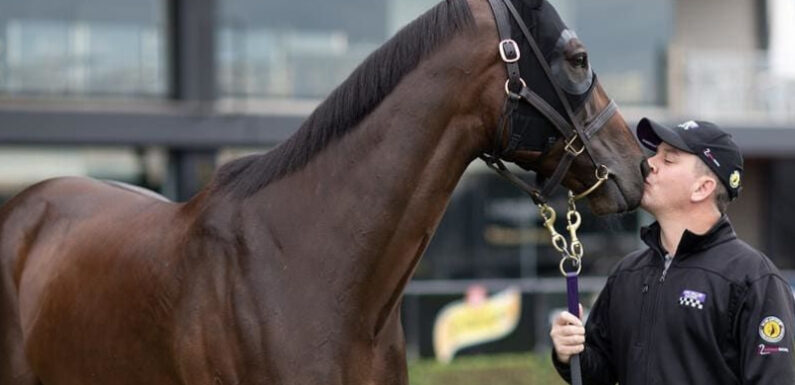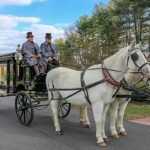
The Basic Necessity Of Race Horses
Race horses are naturally athletic. They are admired for their speed and stamina. Horse racing is a widely popular sports event and there are many followers. Fans and betters make a field day during a horse racing event. The betting takes place on the winner of the race and it is based on a wide variety of factors. The performance of the horse is one of the factors. Things like the stamina and speed of the horse, how well it runs on different surfaces past history and more will come into play while trying to choose a horse to place a bet on.
To win a bet in the first place, the horse should be of great quality. Only a well looked after a horse can stage a great performance. They must be looked after really well before, after the race and during the race to get them to perform to their fullest potential. Water and food have to be carefully administered to help them get the required energy level so they can be at the top of the race.
Diet Requirement For Race Horses
Water is an integral part of any diet. Like how humans require water for the functioning of the organs and cells, race horses too require gallons of water. The average body mass of an adult horse is made up of 65% of water. That could be 85 gallons of water. An inactive horse can drink anywhere between 7 to 10 gallons of water per day. Whereas a horse on a race day can drink up to 20 gallons of water. This will help them stay hydrated. The fluid loss will happen when they exercise and sweat. They may end up losing 8 gallons of water during the race. So, it is important that they get to drink water immediately after the race. The sweating process cools a horse body and helps them stay comfortable.
The race horse must be healthy and fit to run a race. They need to have the right combination of food in order to stay healthy. A diet rich in high-quality forage will help their body hold electrolytes and water. It is also highly nutritional. For energy requirements, the diet for race horses must also consist of soluble carbohydrates. Glycogen helps horses to gain high speeds while training, exercises, and during the race. Diets rich in grains are rich in glycogen. Glycogen rich food will help horses fight fatigue during the race. Glycogen reserves in a horse body should be reserved for the race day. Hence it is important that we avoid excessive trading and exercises 3 to 4 days before a racing event.
Retirement For Race Horses
Race horses can only run races half their lifetime. But a high performing race horse can have a second career. It is a demanding career of a stud and it can be a parent for the next generation of studs. Having a second career after retirement can be tough for many horses. There are numerous horses that are ready to register for retraining. We must have an organization which can take care of the needs of the retired horse. They must have an active set of people to take care of the disciplines and requirements. Different horse breeds show Different temperaments while in their race days and during retirement. Horses are durable, intelligent and athletic. If a race horse can be taken care of well through their racing days, they are in a better position to have a second career after retirement.





